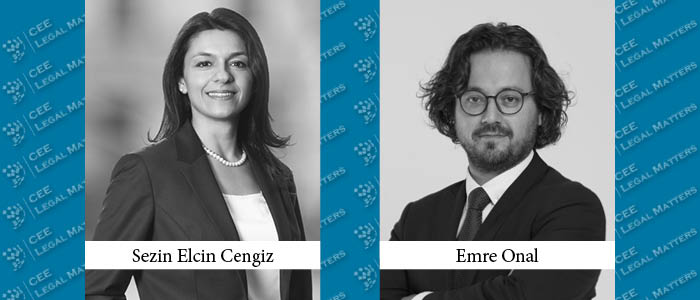The Urban Planning, Urbanism, and Construction Code (“Urban Planning Code”) is a complex law project that aims to consolidate, reform, and standardize legislation in the construction sector. The Urban Planning Code draft bill is currently under parliamentary debate. Among the proposed reforms are the digitalization and simplification of the building permitting process.
The draft bill proposes the establishment of a Unique Digital Desk (in Romanian, “Ghișeul Unic”), an online interface between the applicant, on one hand, and the public authorities and/or reviewing entities involved in the building permitting process (public or private), on the other hand.
What will the building permitting process look like?
The applicant will submit the request for issuing the planning certificate, approvals/agreements, or building permit online through the Unique Digital Desk platform, and will pay the corresponding fee by wire transfer, through the National Electronic System for Online Payment of Taxes and Duties (the Romanian abbreviation, “SNEP”). After payment, the Unique Digital Desk will generate a registration number for the request, which will be sent to the applicant via email.
The public authority will review the information provided by the applicant and, if no further details are required, will issue the requested document in digital format, signed with a qualified or advanced electronic signature. The requested document will be transmitted to the applicant through the Unique Digital Desk, with prior notification via email.
In the case of approving entities, since not all are public authorities but may be private or public companies (i.e., utility network owners), the requests are processed and directed by the local public authorities through the Secretariate of the Unified Approval Commission (in Romanian, “Comisia pentru Acord Unic”, and the Romanian abbreviation, “CAU”). When all the endorsements requested in the Planning Certificate are transmitted by the approvers to CAU, it issues the Unified Approval (in Romanian, “Acord Unic”) as confirmation of the completion of the approval process and notifies the applicant regarding the issuance and uploading of the Unified Approval.
Shortcomings of the permitting process
The digitalization process of obtaining building permits is essential in a technology era, but it comes with a set of challenges:
Limited accessibility for certain categories of applicants: As the digitalization process progresses – aiming for the exclusive use of electronic signatures for authentication and validation of requests – some applicants may face difficulties in using or accessing the online platforms required for submitting documentation. Ultimately, the goal is to eliminate physical document submissions.
Additional costs: Although digitalization aims to streamline the building permit process, efficiency does not extend to costs – a new fee is introduced for issuing the unified agreement by the public authority providing CAU Secretariate.
Cybersecurity risks, lack of adequate technological infrastructure, and low staff training levels may be other drawbacks of digitizing the building permit process. For example, during the public debates preceding the adoption of the Code, some stakeholders involved in the authorization process (e.g., representatives of local public authorities and approving entities) expressed serious reservations about the feasibility of CAU and its capacity to act as an intermediary between the applicant and approvers, citing, among other things, the reluctance of some approvers to be part of CAU.
Considering the reform proposals in the Urban Planning Code, it is important for both applicants and the public authorities involved in the building permitting process to make concerted efforts to ensure efficient implementation of digital services in this field, so that digitalization does not remain a utopia.
By Mihai Macovei, Senior Associate, Miruna Pioara, Associate, Albota Law Firm


























